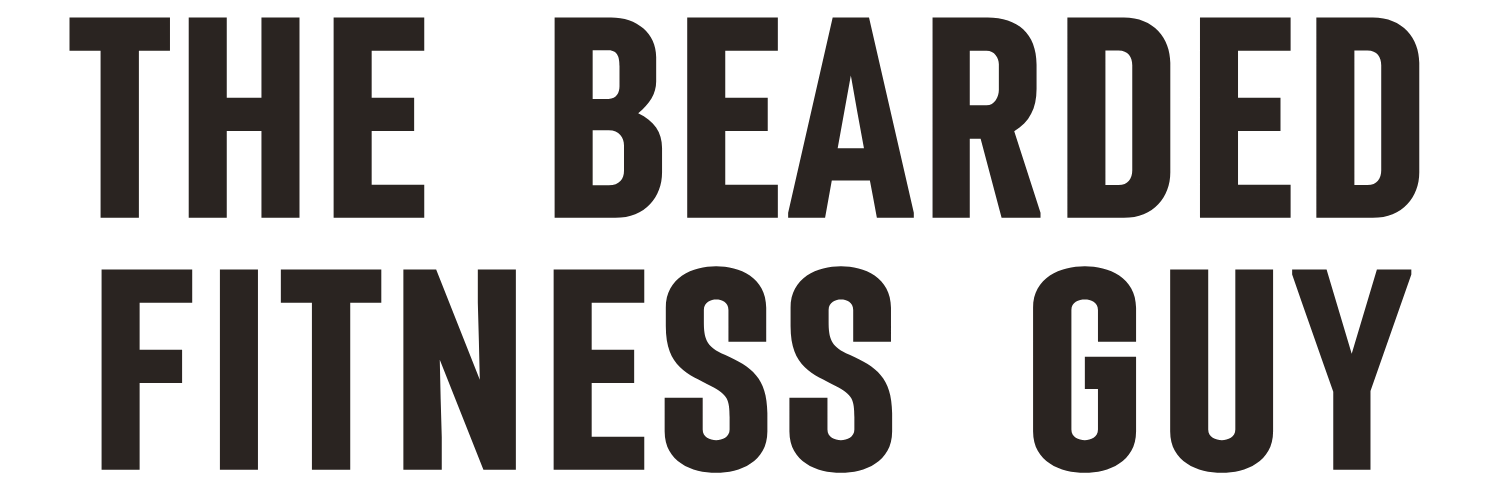Are vitamins worth it?
Are you currently considering vitamin supplementation? The necessity for vitamin supplements largely hinges on your diet and lifestyle. The more specific your dietary requirements, the more likely you may benefit from supplementation. Given the vast array of available supplements and their respective rationales, Fresh Fitness Food has compiled a list of the most common supplement recommendations and the reasons behind them.
It's essential to note that the information provided here is not intended as a one-size-fits-all guide and should not be used to self-diagnose or self-treat any health concerns. As always, consulting a GP is advisable if you have any doubts or before embarking on any new supplement regimen.
1. Vitamin D
Vitamin D is a supplement that should be on everyone's radar in the UK, particularly from early October to early April. While it can be sourced from certain foods like oily fish, egg yolks, and red meat, our primary source of vitamin D comes from sunlight exposure on the skin.
During the colder months, not only do we tend to cover up more, but the days are also shorter. This results in reduced sun exposure and, consequently, less vitamin D intake, even if you're consuming foods rich in this vitamin. To counteract this, it is recommended to take a 10 µg vitamin D supplement during autumn and winter.
2. Omega-3 for plant-based diets
Omega-3 fatty acids come in three types:
Alpha Linoleic Acid (ALA): Found in plant-based foods like nuts and seeds.
Docosahexaenoic Acid (DHA): Mainly found in algae and seafood.
Eicosapentaenoic Acid (EPA): Predominantly found in seafood, particularly in oily fish such as salmon, mackerel, and sardines.
Currently, there isn't a formal nutrient reference value for omega-3. However, the Scientific Advisory Committee on Nutrition (SACN) recommends consuming two servings of fish per week, with at least one being oily fish.
If you follow a vegetarian or vegan diet or do not consume fish, considering an omega-3 supplement is advisable to support cognitive performance.
3. Vitamin B12
Vitamin B12 is vital for a healthy nervous system and plays a role in the formation of red blood cells and DNA. It is primarily found in animal-based foods like meat, fish, eggs, and dairy, as well as fortified foods such as cereals and milk alternatives. This presents a challenge for individuals on plant-based diets, especially vegans, to obtain sufficient B12.
Supplementation of approximately 1.5 µg is often recommended. Additionally, individuals aged over 50 may benefit from B12 supplementation since our ability to store this vitamin diminishes with age.
4. Iron
If you have concerns about your iron levels, it's best to consult your GP for a blood test to assess your iron status. Adequate plant-based sources of iron include pulses (e.g., beans, lentils, and peas), nuts, dried fruit, dark-green vegetables, and whole grains.
Men typically need around 8.7mg of iron per day, while women require approximately 14.8mg per day until the age of 50, after which the requirement decreases to 8.7mg per day.
5. Calcium
Calcium is widely recognized for its role in maintaining strong bones, with dairy products serving as a primary source. If you do not consume dairy or adhere to a vegan diet, it's crucial to ensure adequate calcium intake from alternative food sources, such as fortified plant milks, sesame seeds, pulses, almonds, leafy green vegetables (excluding spinach), and wholemeal and white bread.
Supplementing with 700mg of calcium daily may be beneficial. It's important to note that vitamin D is necessary for calcium absorption, so maintaining an adequate intake of both nutrients is essential for overall health.
6. Zinc
Zinc plays a pivotal role in protein and DNA synthesis, wound healing, cell division, and immune function. While zinc is predominantly found in animal products, lower levels can be found in whole grains, legumes, nuts, and seeds. The nutrient reference value for zinc is 10 mg per day.
Individuals with limited meat or shellfish consumption, vegetarians, vegans, or those diagnosed with conditions like sickle cell anemia or gastrointestinal diseases may find value in a zinc supplement. Additionally, individuals who consume alcohol may require higher zinc intake.
Understanding your unique dietary needs and consulting with a healthcare professional can help you make informed decisions about vitamin and supplement usage.

